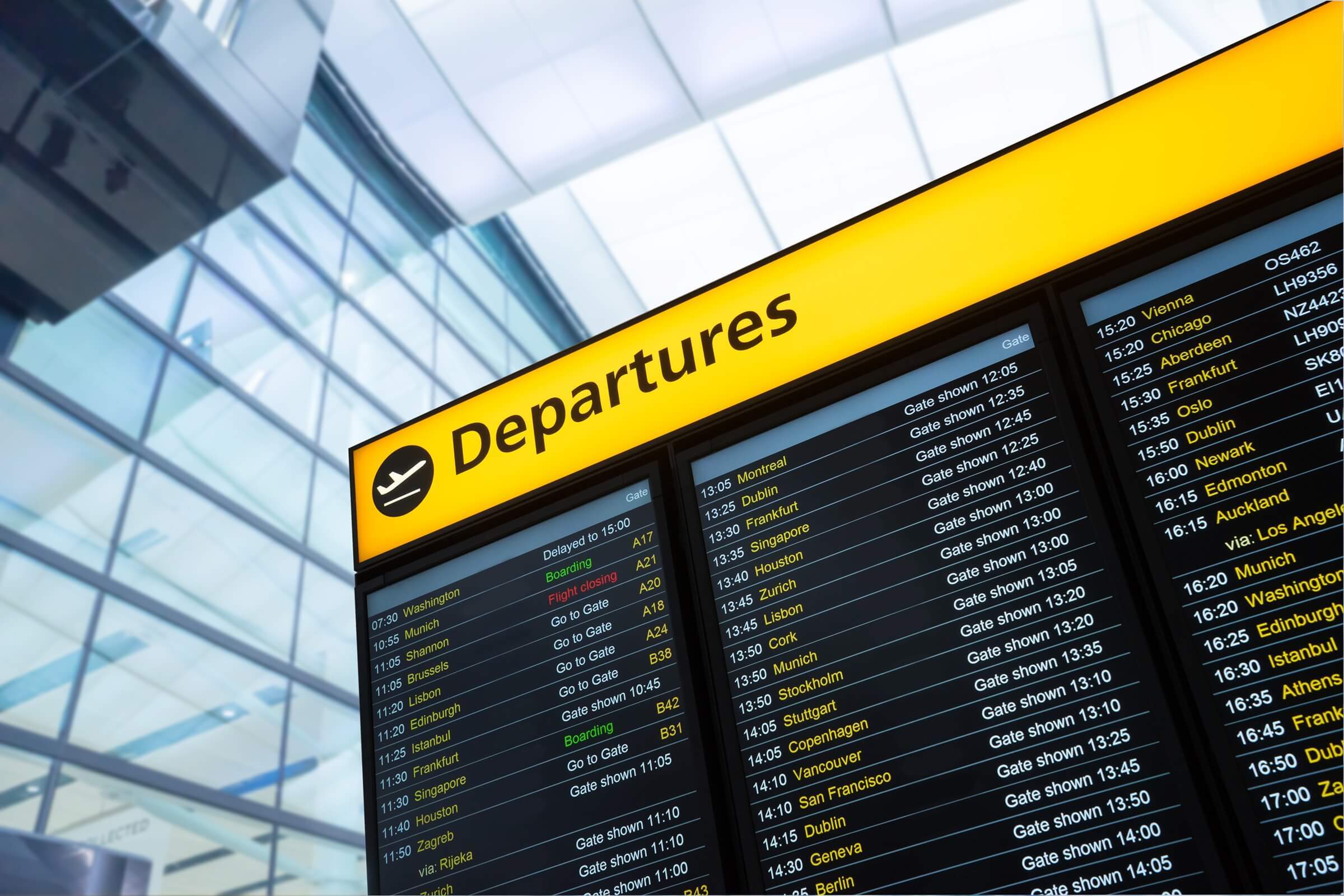Air taxis: A glimpse into the future of urban air mobility

For years, the concept of flying taxis has captivated our imagination, appearing as a distant and futuristic dream. Yet, in a groundbreaking move, federal regulators have recently released a comprehensive plan that could propel this vision from the realm of science fiction into a tangible reality by as early as 2025, with a full-fledged competitive air taxi market potentially emerging in at least one location by 2028. The Federal Aviation Administration (FAA) has outlined a strategic roadmap that outlines the necessary steps for these innovative vehicles to transport passengers over short distances, revolutionizing urban transportation and potentially changing the way we travel.
Air taxis and the FAA Agency role in overseeing their certification
Air taxis, resembling compact airplanes or helicopters, are designed to take off and land vertically, making them well-suited for operating within urban centers. This groundbreaking technology holds the promise of transforming commuting patterns, whisking passengers from city centers to airports or sought-after vacation destinations like the Hamptons or Cape Cod. This strategic vision from the FAA marks a significant shift, indicating a heightened confidence in the imminent arrival of air taxis and underscoring the agency's role in overseeing their certification and regulatory compliance.
The FAA's plan acknowledges the multifaceted nature of this endeavor, recognizing that the successful integration of air taxis requires collaboration among various stakeholders, including aircraft manufacturers, federal agencies, and state and local governments. However, this bold initiative is not without its challenges. The introduction of air taxis into urban landscapes may encounter resistance from local officials and residents, who may voice concerns over safety, noise, and disruption to their neighborhoods.
A crucial aspect of bringing air taxis to fruition is the certification process. Many of these vehicles are envisioned to be electrically powered, utilizing advanced technologies to achieve vertical takeoff and landing capabilities. As these aircraft are still in the developmental phase, they must undergo rigorous testing and certification to meet the FAA's stringent safety standards. Each novel component and system integrated into these vehicles requires individual certification, a process that adds complexity to an already ambitious timeline.
Air taxis: Joby Aviation and Archer Aviation
Air taxi pioneers such as Joby Aviation and Archer Aviation have made remarkable strides in this certification journey. These companies aim to introduce certified aircraft and initiate commercial operations as early as 2025, outpacing the FAA's 2028 target. To achieve their goals, they must secure approvals from both the federal agency and local governing bodies, outlining specific routes and services.
While the industry harbors high hopes for a rapid transformation of urban transportation, history has shown that even established aircraft manufacturers often face prolonged certification delays. The FAA remains steadfast in its commitment to safety and emphasizes that the 2028 target will not compromise stringent safety protocols.
Battery limitations and other challenges for air taxis
Battery limitations, inherent in many air taxi designs, will inevitably impact the range of these vehicles. Initially, air taxis may focus on transporting passengers from city centers to nearby airports, a service already provided by helicopter operators in cities like New York. Overcoming challenges related to real estate allocation, regulatory frameworks, infrastructure development, and public acceptance are critical steps that air taxi companies must navigate.
The FAA's proactive stance is reflective of an industry-wide sentiment that the confluence of technology, regulation, and investment is propelling air taxis toward a definitive takeoff. Investors have recognized the transformative potential of this sector, leading several major air taxi companies to go public and attract substantial funding. Industry giants, including Boeing, have entered the arena by acquiring startups specializing in autonomous air taxis.
Despite the monumental challenges ahead, the pursuit of air taxis is driven by a shared belief in the transformative power of innovation. The successful realization of this vision hinges on addressing technical, regulatory, and economic obstacles, with the ultimate goal of democratizing air travel by making it affordable and accessible to a broad spectrum of passengers.
As the countdown to 2028 continues, the world watches with anticipation as the air taxi industry endeavors to reshape urban mobility, promising a future where the skies above our cities become as accessible as the roads below. The journey ahead is undoubtedly fraught with complexities, but the promise of a revolutionized transportation landscape beckons us to embrace this new era of aviation.
Latest posts
Top European airlines with delays and cancellations
Discover the top European airlines with the most delays and cancellations. Learn causes, trends, and tips to avoid travel disruptions.
Lost or damaged luggage? Our step-by-step guide
Lost or damaged luggage? Follow our step-by-step guide for tips on filing claims, recovery and solutions.
Top Christmas destinations: Europe and beyond
Discover the top Christmas destinations in Europe and beyond – festive markets, magical winter landscapes, and more!
About MYFLYRIGHT
MYFLYRIGHT is a legal tech company, specialized in the support of airline passengers affected by flight delays, flight cancellations, denied boarding, delayed or lost luggage and the refund of unused airline tickets. MYFLYRIGHT was founded 2016 in Hamburg, Germany. The company operates out of 3 offices, its headquarter in Hamburg and its branches in Prague, Czech Republic and Zaporizhia, Ukraine. Currently, MYFLYRIGHT employs a team of around 25 people working in Marketing, Operations, Legal, Customer Support and IT. The organization operates across 5 markets – Germany, United Kingdom, Romania, Austria, and Switzerland.
MYFLYRIGHT’s goal is to provide access to justice for all aviation passengers who experience irregularities in their flight transportation. Notably, 75% of all compensation requests submitted by passengers get rejected. Whereas, MYFLYRIGHT is able to successfully execute the applicable customer claims in more than 98% of cases at court.












